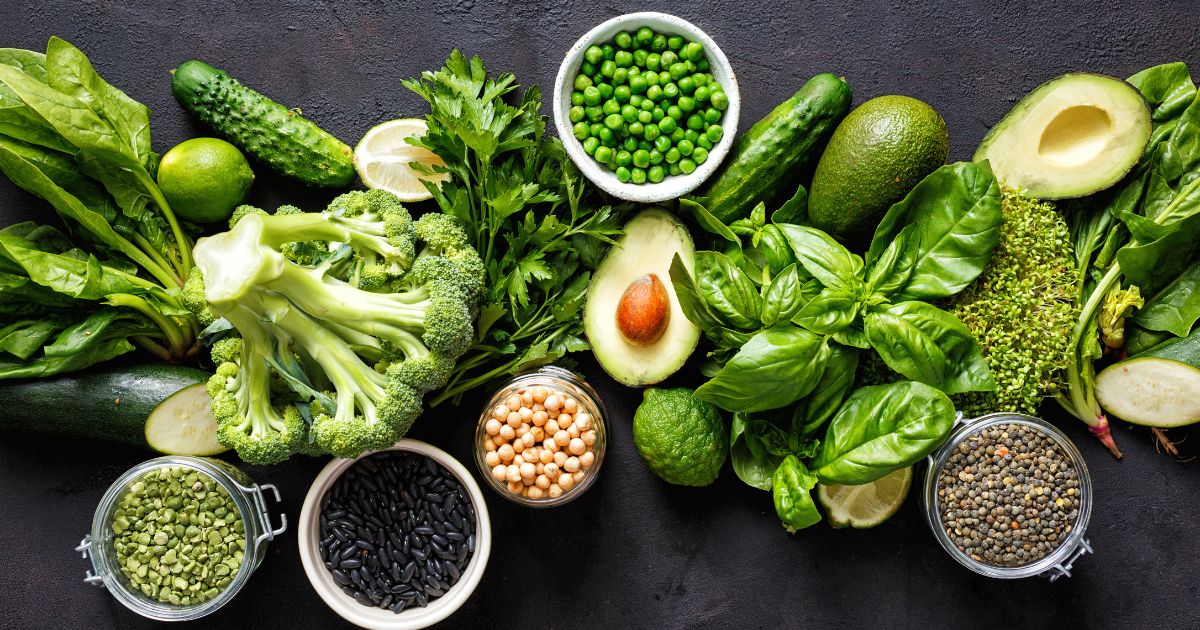- Oxford University found that efficacy of Pfizer vaccine reduced by half from 88% within 4 months, almost comparable to efficacy level of AstraZeneca
- Study from Mayo Clinic, United States found that Pfizer’s protection against Delta variant reduced from 89% in Feb 2021 to only 42% in Jul 2021, while Moderna’s reduced from 91% to 76%, making Moderna’s performance much higher.
- Study in Qatar found that Pfizer’s efficacy against Delta variant reduced to only 60%, while Moderna’s reduced to 86%.
- Study from Israel found that Pfizer’s protection against Delta variant is only 41%.
- Moderna’s booster shot in the US will be generation 1 Moderna in 50 microgram dose, which is 50% less than the regular dose. Research showed clear results that only 50 micrograms is needed to boost antibody well against Beta (32 folds), Gamma (43.6 folds), and Delta (42.3 folds).
- mRNA vaccine for kids and teenagers: Moderna in Thailand (Zuellig Pharma company) is in the process of getting Thai FDA approval for Moderna vaccine for kids and teens 12 years and above.
- However, Moderna is also in process of studying its vaccine for babies and kids from 6 months old. Results of their studies shall be shared in the future.
- Many asked about Moderna as a booster after 2 shots of AstraZeneca vaccine regarding when they could take their 3rd shot. Right now, this is in being studied in the UK and we will let you know once there is an update.
生活方式

Contact Lens Care for Healthy Eyes
Contact lenses are necessary for many of you with myopia, hyperopia, or astigmatism. They can correct vision and improve the quality of life for the wearers.

Cyanide: How to Protect Yourself from This Deadly Poison
Cyanide is one of the deadliest poisons, which can cause death to those who come into contact within a few minutes or hours of exposure, depending on the level and route of exposure.

Fiber: Types, Benefits, Recommended Daily Intakes
Fiber is exclusively derivatives of plant-based foods like vegetables, fruits, whole grains, and legumes. They are crucial components of a healthy diet. Comprising diverse non-starch polysaccharides (NSPs)
